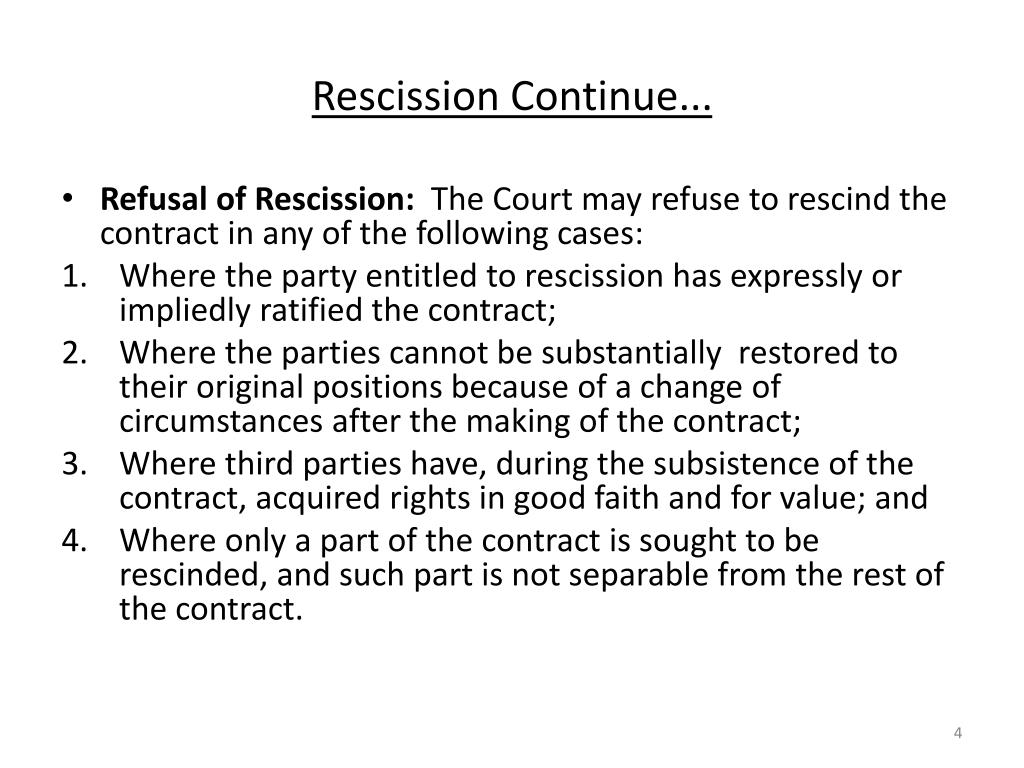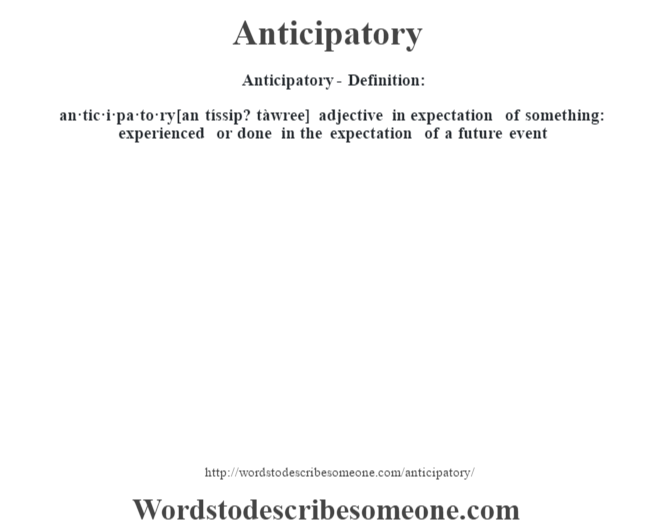

In some cases, a nonbreaching party might not be compensated adequately through monetary damages. Specific performance is an equitable remedy the court uses to force a contracting party to perform his or her contractual obligations. Also called exemplary damages, punitive damages are granted to punish the guilty party for outrageous misconduct. The court might award these damages in cases where the offending party has committed acts that are so reckless and malicious they give a reasonable person pause. Punitive damages are monetary damages granted to the nondefaulting party above his or her actual damages. The amount of damages awarded will be based on the plaintiff's loss or injury. Actual DamagesĪlso known as compensatory damages, actual damages refer to monetary damages awarded to compensate an innocent party for his or her financial or property losses. In the event of a breach of contract, the court will use one or more of the following remedies to help an innocent party recover his or her losses.


If the contract involves the sale of property, it will be repudiated when the property is transferred to a third party. The subject of the contract is transferred to another person.

If the defaulting party's voluntary actions make it impossible for him or her to fulfill the contractual obligations, it is considered a repudiation of the contract. Actions are as important as words when it comes to contract repudiation. The breaching party is unable to perform because of a certain action.Nonetheless, an expression of doubt might indicate a prospective failure to fulfill the contract, in which case the nonbreaching party might suspend his or her performance and request an assurance of performance from the offending party. Making an ambiguous or qualified refusal is not enough. The refusal must be straightforward, clear, and directed at the innocent party. The defaulting party expresses unconditional and positive refusal to the other party: This is known as express repudiation.What Constitutes an Anticipatory Contract Breach?Īn anticipatory breach of contract occurs when: Alternatively, he or she can wait until the deadline for performance has expired before remedying the contract breach. If it is beneficial to do so, he or she can consider the contract abandoned and sue the offending party for anticipatory contract breach. If the contract is repudiated, the nondefaulting party can choose how he or she wants to proceed. When this type of breach occurs, the innocent party can end the contract and take legal action without waiting for the contract to be broken. Obvious indication of his or her intent not to fulfill the agreement's terms.Īn anticipatory breach of contract is more than a mere delay it must amount to a rejection or repudiation of the contract.The defaulting party might express this intention through his or her actions or inability or refusal to act, such as: What Is an Anticipatory Breach of Contract?Īlso known as anticipatory repudiation, anticipatory contract breach happens when one contracting party stops performing his or her contractual obligations, causing the other party to assume he or she does not intend to fulfill his or her part of the agreement. There are several ways to obtain fair compensation in an anticipatory breach case. When faced with an anticipatory breach of contract, a nondefaulting party can terminate the contract and seek compensation by filing a lawsuit against the breaching party. This type of contract breach occurs when one party to a contract indicates to the other party that he or she cannot or does not wish to fulfill the contract. Anticipatory breach of contract cases refer to legal cases that involve the breaching of contracts before the due dates for performance.


 0 kommentar(er)
0 kommentar(er)
